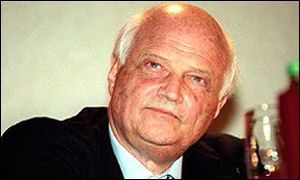A Quote by Agnes Repplier
It is in his pleasure that a man really lives; it is from his leisure that he constructs the true fabric of self.
Related Quotes
None has more frequent conversations with a disagreeable self than the man of pleasure; his enthusiasms are but few and transient; his appetites, like angry creditors, are continually making fruitless demands for what he is unable to pay; and the greater his former pleasures, the more strong his regret, the more impatient his expectations. A life of pleasure is, therefore, the most unpleasing life.
The world is so unhappy because it is ignorant of the true Self. Man’s real nature is happiness. Happiness is inborn in the true Self. Man’s search for happiness is an unconscious search for his true Self. The true Self is imperishable; therefore, when a man finds it, he finds a happiness which does not come to an end.
In the present age, man proves his separation from his Creator by his spirit of self-sufficienc y and positive rejection of God. The present issue between God and man is one of whether man will accept God's estimate of him, abandon his hopeless self-struggle, and cast himself only on God who alone is sufficient to accomplish his needed transformation.
place where man laughs, sings, picks flowers, chases butterflies and pets birds, makes love with maidens, and plays with children. Here he spontaneously reveals his nature, the base as well as the noble. Here also he buries his sorrows and difficulties and cherishes his ideals and hopes. It is in the garden that men discover themselves. Indeed one discovers not only his real self but also his ideal self?he returns to his youth. Inevitably the garden is made the scene of man's merriment, escapades, romantic abandonment, spiritual awakening or the perfection of his finer self.
The abbot told me once that lying was a betrayal to one's self. It's evidence of self-loathing. You see, when you are so ashamed of your actions, thoughts, or intentions, you lie to hide it rather than accept yourself for who you really are. The idea of how others see you becomes more important than the reality of you. It's like when a man would rather die than be thought of as a coward. His life is not as important to him as his reputation. In the end, who is the braver? The man who dies rather than be thought of as a coward or the man who lives willing to face who he really is?




































